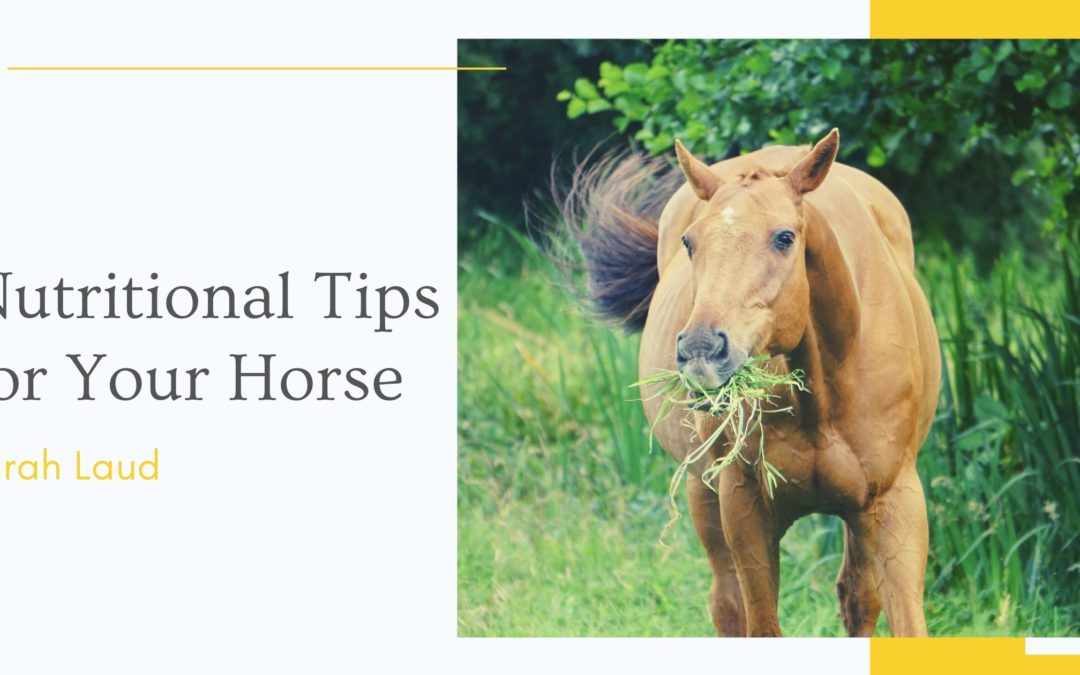Nutrition for every living thing is essential in their growth and productivity, and it usually takes different forms. For a horse, it enhances its performance, keeps it healthy and happy. Below are key outlined factors that help you understand horse nutrition better and put the knowledge acquired to use. The content is a compilation of ten different keys, each explaining a distinct but related subject within horse nutrition.
The Basis of the Horse Diet is Forage
In a horse’s diet, long-stem forage is essential. It comes in the form of grass that is fresh. If there is no grass, the next best choice would be free-choice hay grass. Feeding hay grass all the time allows horses to imitate their natural grazing habits. Horses prone to laminitis should not be given pasture, especially those with high sugar.
Forage is not Complete Nutrition
Since grass has a deficiency in some minerals and hay has a deficiency in certain minerals and vitamins, forage alone is not enough in a horse’s diet. To meet their horse’s nutrient requirement, they should add mineral/multivitamin supplements to their hay and pasture.
Their Digestive System
The horse is a non-ruminant herbivore. Its digestive system comprises of the following parts:
- Mouth -mechanical breakdown, food entrance.
- Salivary glands -the moistening of food and digestion of some carbohydrates.
- Esophagus – transports food to the stomach.
- Stomach -digestion of proteins.
- Small intestine -further digestion of carbohydrates and protein.
- Pancreas -helps in protein, carbohydrate, fat digestion, and absorption.
- Large intestine -water absorption
- Anus -exit of waste
Nutrient Requirements
The overall intake of water of a horse is approximately 6-15 gallons daily. It depends on its environment, size, the work they do, and other factors. It is advisable to have clean water at all times. In essence, horses require amino acids that are protein building blocks and not the actual protein. The fiber component in carbohydrates is essential in keeping the large intestine moving and operating well.
To reduce inflammation, it is advisable to supplement with omega-three fatty acids. The horse can produce most of the vitamins it requires, such as vitamins D, C, and B-vitamins. Thus not all are typically needed in the diet.
Horses are friendly animals and play a significant role in our lives. Therefore, it is good to take care of them.

